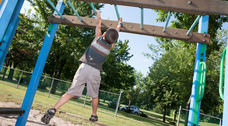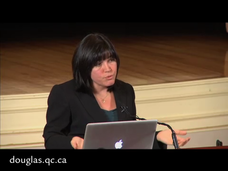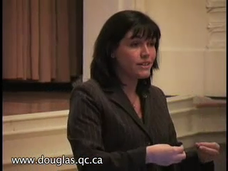
We don’t talk about major depression in babies, but rather about a tendency to be sad, to communicate less with adults – such as with gurgling and visual contact.
Like older children, young depressed children appear to be somewhat isolated or withdrawn and to lose interest in play. They may also lose their appetite (or, more rarely, eat too much!), have nightmares, or experience trouble sleeping.
These very young children often appear to be more sensitive and difficult from birth. They may also be reacting to the depression of one of their parents.
At that age, no medical treatment is advised. Health-care professionals focus more on intervening with the child’s family and social circle. In particular, they try to help the parents in the following ways:
- Help them identify the baby’s difficult temperament, thus allowing them to stop feeling guilty, to feel reassured about their parenting skills, and to be more patient
- Encourage them to adopt different attitudes with their children based on their respective temperaments and styles of interaction
- Help them develop a support network, to rest and take breaks
- Give them other tools to interact as appropriately as possible with the depressed child
- If one of the parents is depressed themselves, ensure they are evaluated and receive proper treatment
Mini-Psych School videos
| Can children suffer from depression? (2010) | Instability of the child's developing mind (2007) |
Watch more Mini-Psych School lectures.
Research at the Douglas
Douglas research clinician Johanne Renaud, MD, MSc. specializes in depression in young people. She is part of the Mood, Anxiety and Impulsivity-Related Disorders Research theme.
Need help ?
All requests to evaluate a child under the age of 18 must first go to the mental health team in your CSSS. The professional team at the CSSS will evaluate the level of services required for your child. If needed, the CSSS will refer your child to the Douglas child psychiatry outpatient clinic.
You can also contact a crisis centre in Montreal or choose "Youth" from the pull-down menu of the Community ressources.
[Depression: types and causes] [Burn-out: causes] [Depression or burn-out ?] [Depression or burn-out: treatment and prevention] [Depression in 0 to 5-year-olds] [Depression in young people]




